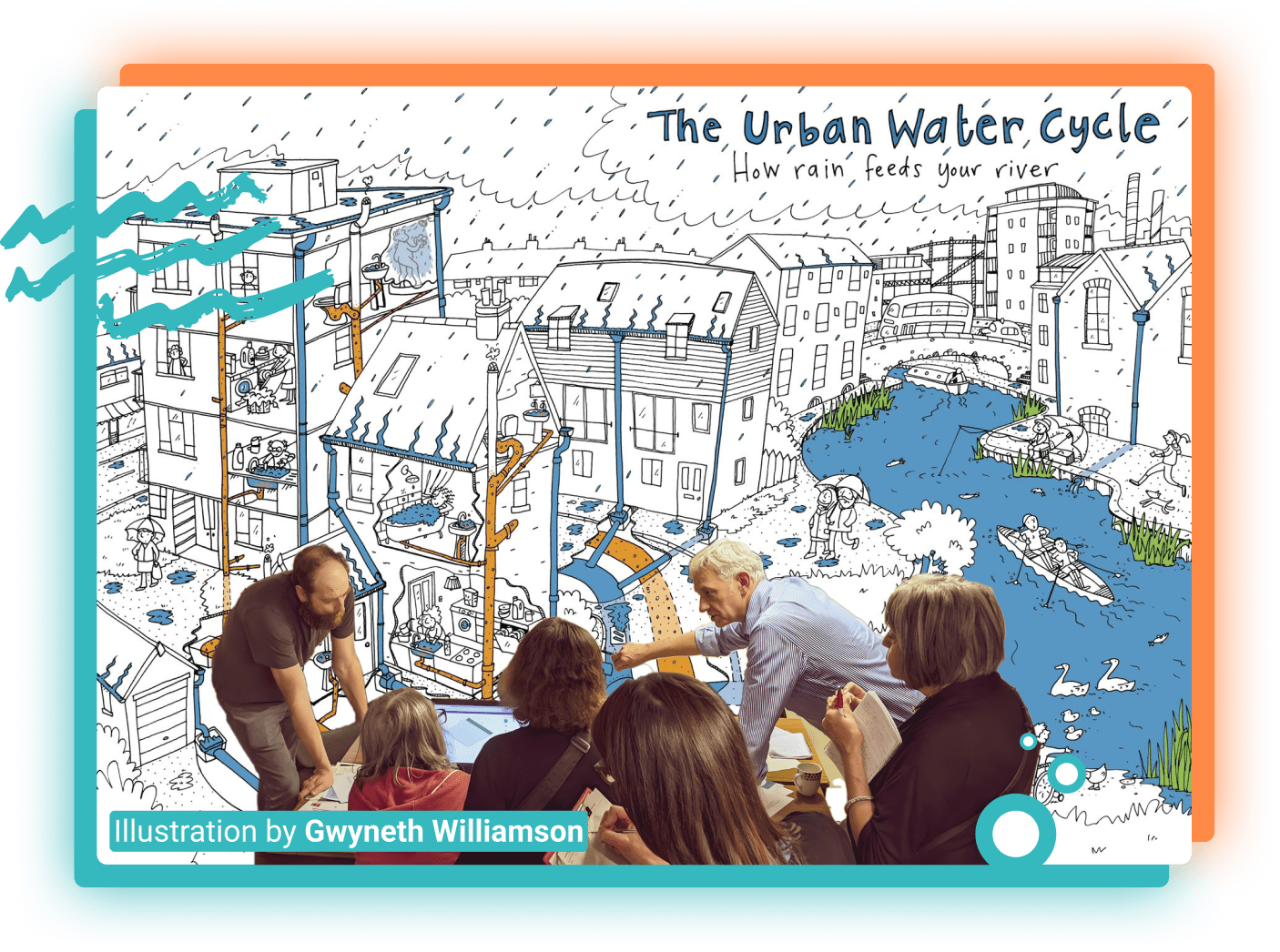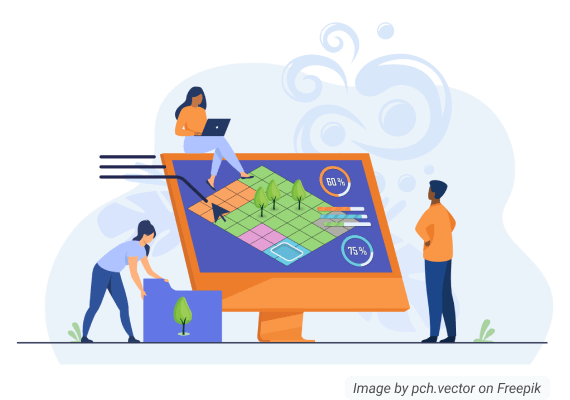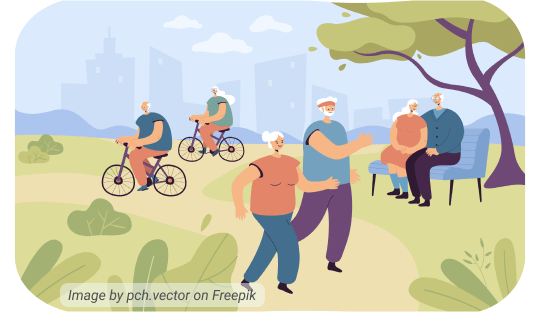
Welcome to the Water Info Hub
for London
The shared vision for the Water Info Hub is equality of access to data and tools for the water environment. The aim is to create a long-lasting, sustainable resource that grows over time, providing decision makers with the data and insights necessary to make better decisions while giving citizens access to the same knowledge.
Project vision and background ➝
What are water challenges?
Everything about managing water is complex and interactive, especially within large cities like London. It affects and involves all residents and businesses. Covering the freshwater supply, flooding, river health, waste water and pollution, it is a big subject.
Our users have identified certain topics, introduced here, that they really care about. These priorities have influenced the information, data and tools available in the hub.

Water Info Hub challenges
‹
Water quality
People living locally to polluted rivers are often concerned about the rivers' bad odour and colour, and the lack of biodiversity. This happens due to chemicals (for example phosphorus or nitrates) and contaminants such as debris, wet wipes and other rubbish that poses a risk to biodiversity and public health.
Learn more about water quality ➝
Flooding
Flood events can increase the risk of contamination from sewage, agricultural runoff, industrial substances, leaked motor oil and household chemicals, causing deterioration in water quality.
Urban drainage
Drains and the drainage systems in our towns and cities are a vital part of urban infrastructure; their purpose is to collect rain runoff from roads, roof gutters and downpipes and direct it into a piped drainage system or a combined sewer network. They are particularly important in removing excess water in periods of heavy rainfall.
Learn more about urban drainage ➝
Drought
Explore maps showing components relating to the hydrological cycle and the provision of water to people and for the environment.
Learn more about use of space
Water bodies are part of wider natural spaces and it is important to consider how these perform for people and from an environmental perspective. There is a need to understand the complex interactions what the performance of natural spaces and how it affects people's use of these spaces.
›
Partners
This Water Information Hub is supported by the NERC funded CAMELLIA project, further information on the project and partners can be found at https://www.camelliawater.org/partners ❐
Highlights
Explore how our resources are used in the real world.
EDUCATIONAL RESOURCES

Educational resources to help students understand the complexities of providing clean and safe drinking water.
RIVER CRANE CITIZEN SCIENCE

The 'Citizen Crane' project is the River Crane catchment's citizen science project, monitoring chemical and biological water quality.
SEARCH USING MAPS

Explore Water Info Hub resources on our metadata catalogue.

Working together to solve complex issues
There are a number of ways that stakeholder groups have been working together to solve complex issues. We have collated case studies and tested resources to support future collaboration. Examples include citizens working with water companies to solve water quality issues and how you can organise with your local group to take action.

Meeting future challenges
Cities of the future will be more populated and affected by climate change exacerbating the challenges described above. As a result, the water environment will require better management.
Through our work we have developed a range of tools and techniques to meet these challanges.